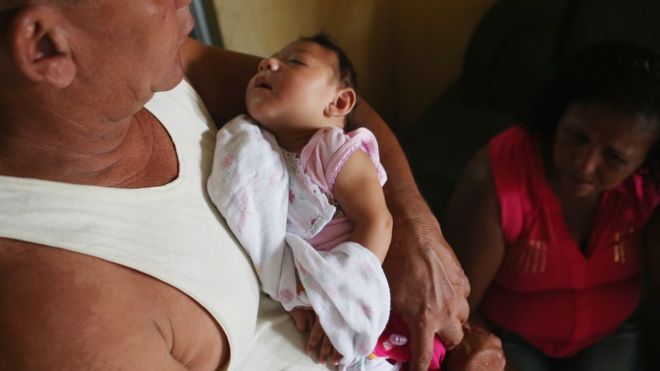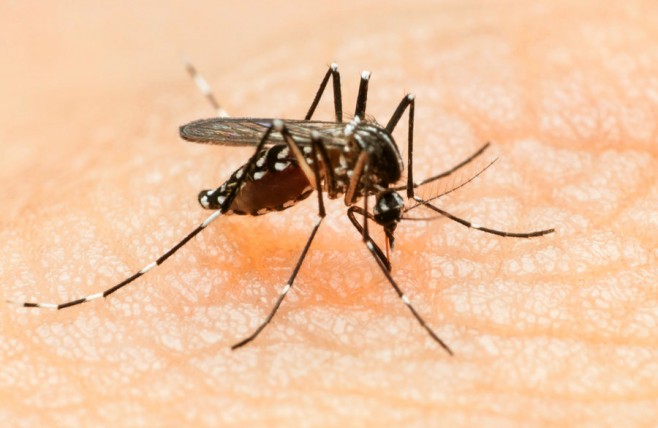Zika Virus – as WHO declares emergency, here are 7 things to know.
The WHO has declared the outbreak of Zika virus to be a global emergency as deadly as the Ebola pandemic. This announcement is linked to the high rate of microcephaly in infants born to mothers affected by the Zika virus, in 20 countries so far like Brazil, Bolivia, Colombia, Mexico – all mostly in Middle and Latin America.

Here are the top 7 facts that allow you to be prepared and to understand and tackle the Zika virus:
- The Zika virus is spread by mosquitoes.

Aedes moquito. Source: NPR The virus is spread by the Aedes mosquito which is a breed found in the Americas – except Canada and Chile where it is too cold for them to survive. These are the same mosquitoes that spread dengue and chikungunya but unlike the mosquitoes that spread malaria, these are active through the day. The virus can be spread by mosquito bites, and they are both carriers and origin of the virus.
- The symptoms of the virus are usually mild.
The infection can cause few or even no symptoms. It has been reported that only 1 in 5 cases displayed symptoms like fever, headache, rash and joint pain and conjunctivitis like red eyes. There have however been some cases reported of Guillain-Barre syndrome a nervous disorder that is quite rare, and apparently causes paralysis. - Unborn babies are most vulnerable to the virus
The biggest threat from Zika is to unborn babies whose mother have been infected with the virus. Babies born to infected mothers are found to be afflicted by microcephaly which is a condition where the baby has an abnormally small head. This means their brain has not developed properly. Some cases can be so severe that the brain is not equipped to perform the basic functions for life leading to fatalities. Children that do survive tend to report mental disabilities and development lag. So far almost 4000 cases of microcephaly due to Zika virus have been reported in Brazil since October. - There is no vaccine so far that can protect you from the virus
This is the really sobering part about the Zika virus – that there is no known cure for the virus. Nor is there a vaccine that can offer protection from the virus. So the best form of protection is prevention or avoiding exposure to begin with. - Zika began in Africa in 1947 and spread rapidly from there
It was first reported in Uganda where it was found in monkeys. The first human case was found in Nigeria in 1954. Since then there have been outbreaks of the virus in Africa and South East Asia. But it was never considered a major threat to civilization until now. The virus was first reported in Brazil in May last year and has since spread quickly to 20 countries like Barbados, Bolivia, Colombia, the Dominican Republic, Ecuador, El Salvador, French Guiana, Guatemala, Guadeloupe, Guyana, Haiti, Honduras, Martinique, Mexico, Panama, Paraguay, Puerto Rico, Saint Martin, Suriname and Venezuela. - You can help prevent Zika by using insecticides and mosquito repellents
You can avoid being bitten by using insect repellents, wearing clothes that cover your body fully and also by keeping doors and windows closed. Since mosquitoes breed in stagnant water it is also advisable to ensure there is no breeding ground for them like water containers/ pots. - You should avoid travel to Latin America if you are pregnantIf you are pregnant then the best course of action would be to avoid travel altogether to the countries affected by the virus so far. The risk to the unborn child is high in these countries who have asked their citizens to actually put off having children until 2018 as they are unable to battle the virus with more cases of microcephaly being reported daily.

OMG-inducing, share-compelling, like-attracting, clutter-breaking, thought-provoking, myth-busting content from the country’s leading content curators. read on...
